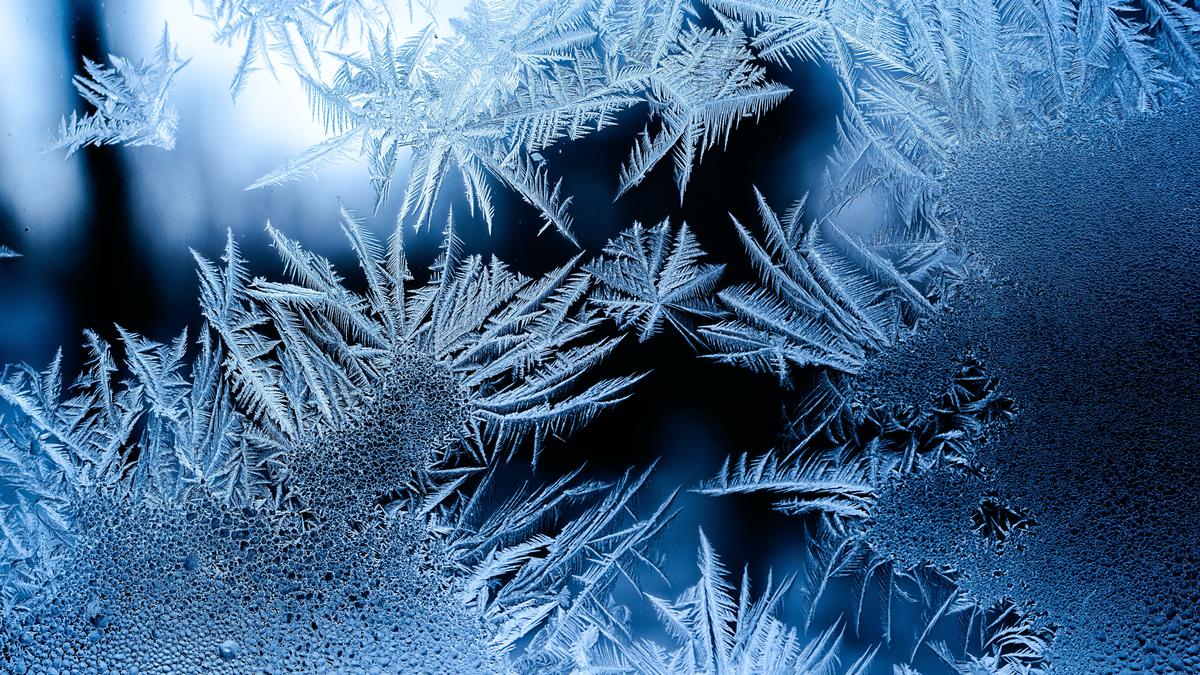
The fungi that can freeze water better than bacteria | Explained Premium
The Hindu
Scientists explore how fungi can start biological ice nucleation to produce ice on demand, potentially revolutionizing snow-making and cryo-preservation techniques.
Water doesn’t always freeze at 0 degrees C. Unlike what we have been taught in school, the transformation of liquid water into ice is more nuanced than dropping the temperature down to its freezing point. Supercooled water found in clouds remains in a liquid state at temperatures as low as minus 40 degrees C.
Scientists have even found that completely pure water can remain unfrozen until it’s cooled to temperatures below minus 46 degrees C.
To freeze, water molecules need to arrange themselves in an ordered way and form a crystalline structure. But ice formation is also kinetically hindered, meaning it requires a bit of extra energy – especially for the first step, called ice nucleation. This energy demand is not small.
To correctly orient themselves to create a crystalline structure, water molecules also need an initiation point, or a nucleus – a place that can serve as a surface on which the ice crystals can grow. This nucleus could be an ice particle or an impurity like dust, minerals, or microorganisms commonly found in water. The lack of these nucleators prevents pure water from freezing, whereas less-pure tap water readily freezes at minus 5 degrees C in our refrigerators.
So pure water struggles to freeze, and this could pose dangers to species adapted to living in cold environs. Then again, life always finds a way. Several microorganisms like bacteria, lichen, and fungi have evolved to manipulate water so that it forms ice more easily. They achieve this with the help of efficient molecular strategies that trigger the nucleation process. This phenomenon is called biological ice nucleation.
In a study published in the Proceedings of the National Academy of Sciences, scientists have explored how fungi can start biological ice nucleation to produce ice on demand.
Biological ice-nucleators are among the most efficient nucleation initiators in nature. However, scientists are yet to fully understand the molecular foundations of this ability.











